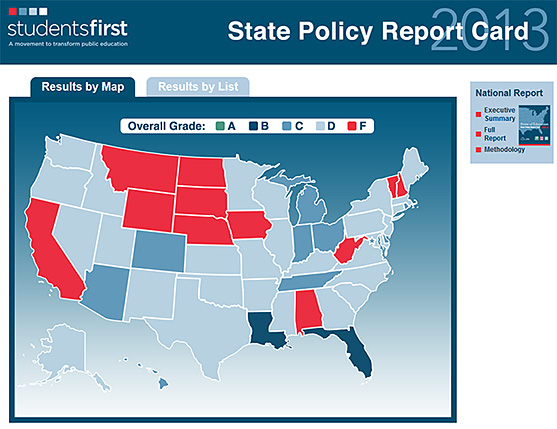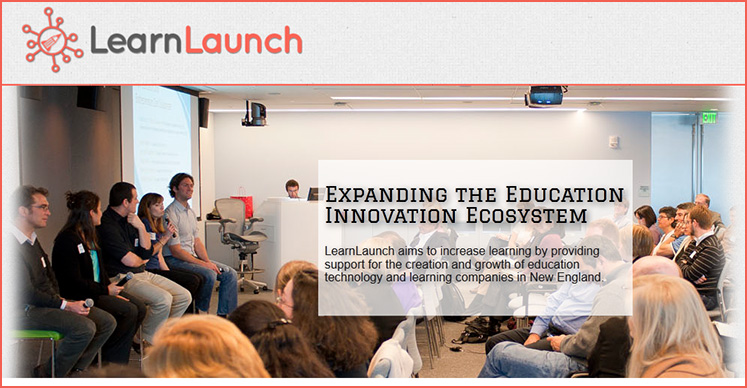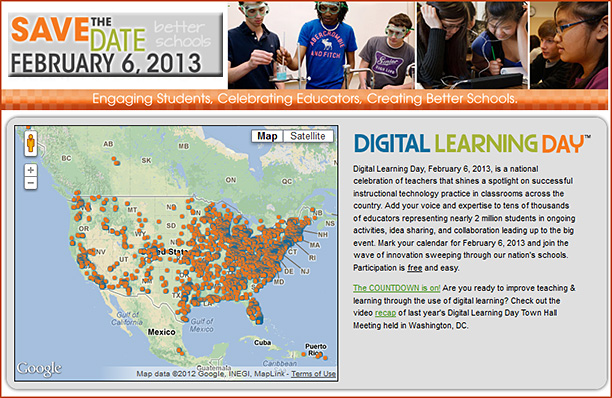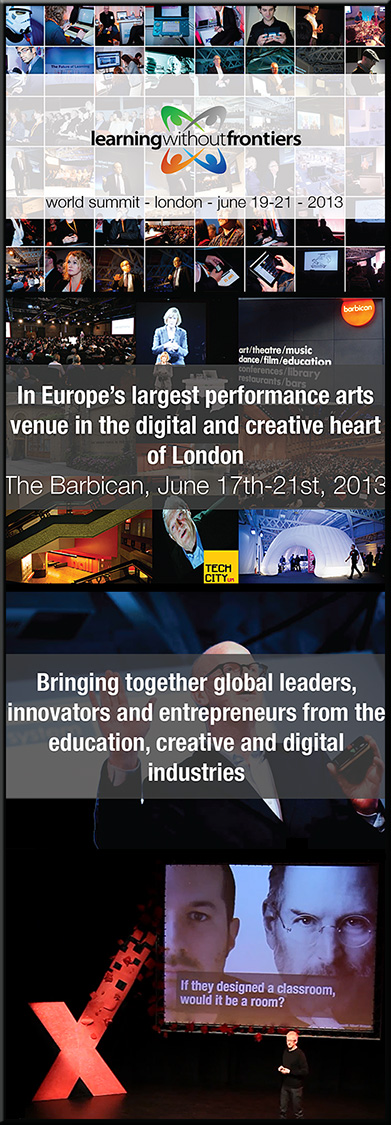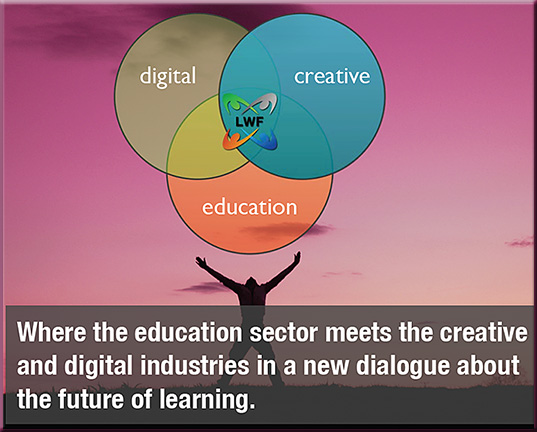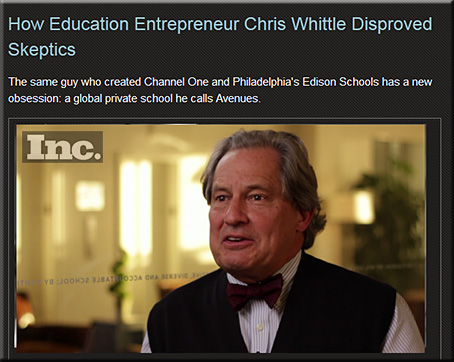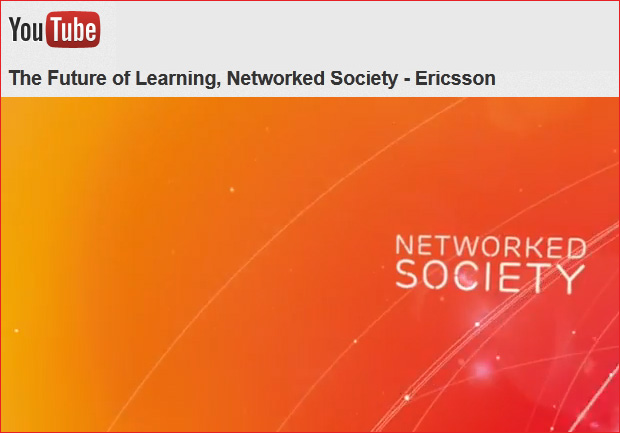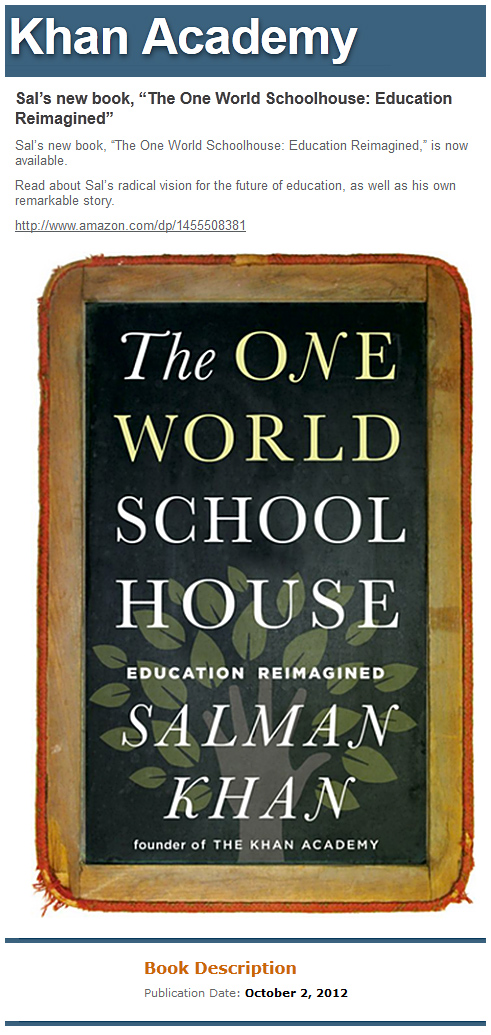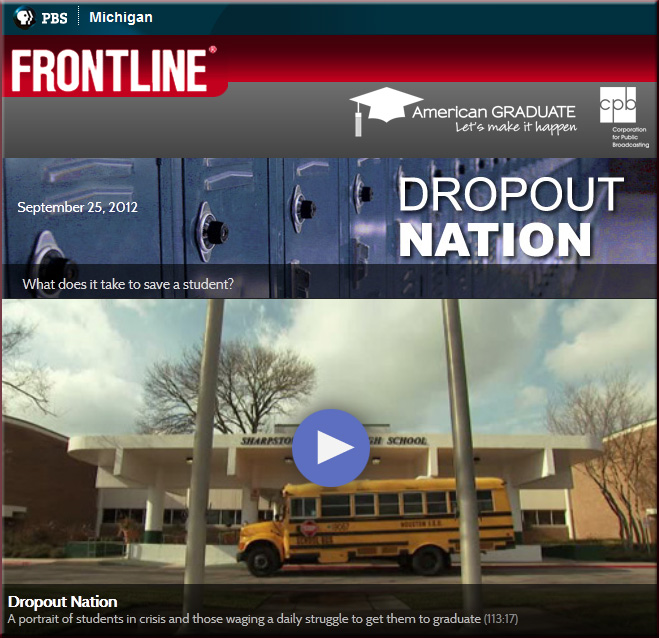Why school?: How education must change when learning and information are everywhere [Kindle edition]
Publication date: September 10, 2012
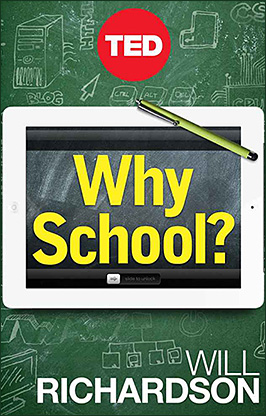
Book description
Traditional educators, classrooms, and brick-and-mortar schools are no longer necessary to access information. Instead, things like blogs and wikis, as well as remote collaborations and an emphasis on ‘critical thinking’ skills are the coins of the realm in this new kingdom. Yet the national dialogue on education reform focuses on using technology to update the traditional education model, failing to reassess the fundamental design on which it is built.
In ‘Why School?,’ educator, author, parent and blogger Will Richardson challenges traditional thinking about education — questioning whether it still holds value in its current form. How can schools adjust to this new age? Or students? Or parents? In this provocative read, Richardson provides an in-depth look at how connected educators are beginning to change their classroom practice. Ultimately, ‘Why School?’ serves as a starting point for the important conversations around real school reforms that must ensue, offering a bold plan for rethinking how we teach our kids, and the consequences if we don’t.
Also see Will’s blog posting re: this new book –> Why School?
Excerpt:
I’m excited because it’s an opportunity, I hope, to spread a different conversation around what schools can be and, I think, need to be at this moment when our access to information and teachers and a whole bunch of other stuff is exploding. I sincerely believe that over the next couple of decades, what happens in schools is going to fundamentally change, and that there are basically two competing narratives around what that change looks like. Right now, the not so wonderful narrative is taking hold. I’m humbly hoping that Why School? can in some way serve as a support for the other more student-centered narrative to take hold.









